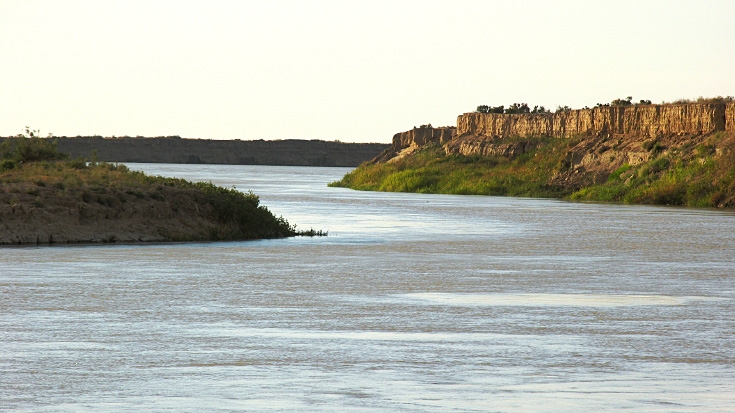In Central Asia, water scarcity threatens the livelihoods of people locally and in transboundary settings due to growing competition over a limited resource. Climate change, population growth, rising levels of pollution exert multiple pressures on the region’s water resources. In securing Central Asia’s water resources, there is an increasing need for regional collaboration.
To foster regional dialogue and community engagement in support of water cooperation, the World Bank launched the Central Asian Knowledge Network, which brought together water practitioners, academics and students to discuss common problems, share knowledge and find avenues for cross-country collaboration.
“The World Bank’s Knowledge Network was very efficient in creating a unified academic space for water sector professionals and academics in Central Asia," said professor Sagit Ignatullin, head of the Central Asian regional academic expert group. "This is especially relevant considering a growing amount of irrigation and hydropower development programs being developed in the region, as well as pressure coming from the water deficit in the Aral Sea Basin.”
“In over 8 years, the Central Asian Knowledge Network has become an important instrument of regional cooperation among practitioners, experts, academia, and youth in addressing water-related challenges and offering solutions to relevant issues,” said Julia Komagaeva, Central Asian Knowledge Network coordinator and team leader.
In their welcoming remarks at the virtual conference on 3-4 March, representatives of the European Union, United Kingdom and Switzerland underlined the importance of cross-sector and cross-border cooperation in the water and energy fields.
Participants reiterated the importance of continuous cooperation and the need to reconsider the approach for research in the area of the water and energy sector in the COVID-19 context.
To further stimulate knowledge exchange and cross-sectoral partnerships on water issues among Central Asian institutions, participants of the conference highlighted the need for:
- improving donor coordination and cooperation on knowledge and learning programs and projects implemented in the region;
- fostering and promoting cross-country knowledge exchange by supporting academic and student regional mobility, through guest lectures, study tours, student exchange programs and more;
- promoting development and delivery of training courses, including online - on cross sectoral issues covering water, energy and food security issues;
- supporting further efforts on curricula unification.
The conference also marked a key stage in the final year of the Central Asian Knowledge Network. Established in 2012 under the World Bank’s Central Asian Water-Energy program, the Network brought together over 300 professionals with experience in water resource management across academia, and public and private sectors in Central Asia.
The Network has been working proactively to address knowledge exchange challenges in the region's water sector, specifically by:
- Creating and facilitating communities of practice with 26 universities across Central Asia;
- Organizing regional workshops and bringing together over 900 participants for knowledge exchange and professional networking;
- Facilitating joint research and analytical studies, competitions among students, field work and visits;
- Developing Unified Discipline Syllabus packages for "Hydro Amelioration" and "Water Engineering" specializations that are now being disseminated among Central Asian universities;
- Offering practical solutions, for example: The Kazakh Cross-Sectoral Working Group developed a series of recommendations and solutions for preventing Shardara Dam Safety failure and emergency measures in case of disaster. The recommendations were adopted by the Government of Kazakhstan; The Kyrgyz Cross-Sectoral Working Group developed recommendations for reducing and eliminating mudflow hazards and sent the respective appeal to the Government of the Kyrgyz Republic.

